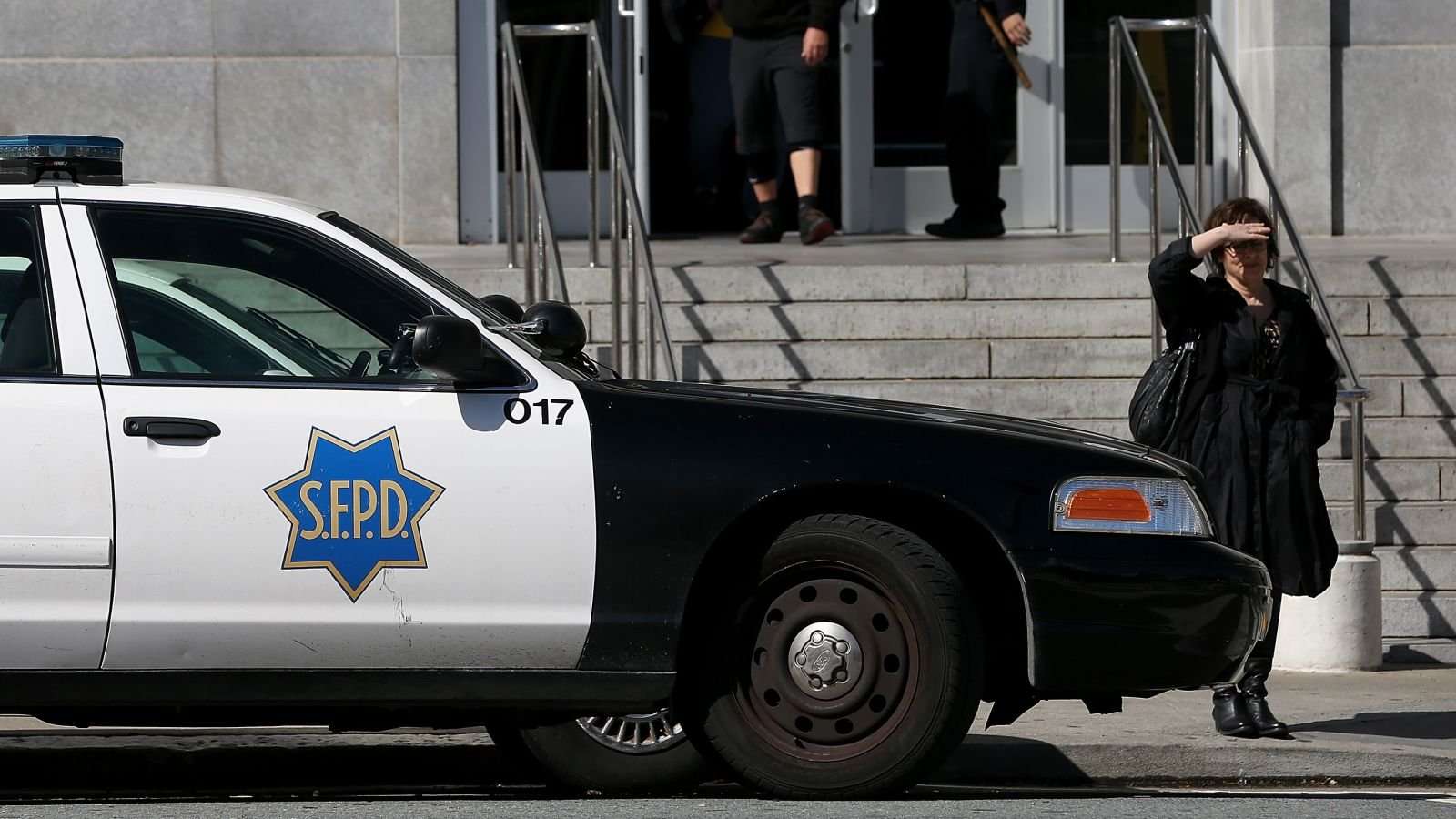San Francisco is inching closer to becoming the first American city to ban facial recognition surveillance, a booming technology that’s a fast-growing business in the United States and extends to the core of China’s high-tech authoritarianism.
A proposal to ban facial recognition from the city as well as provide significant transparency and oversight requirements to buying or using other forms of surveillance was heard by a committee in the San Francisco’s board of supervisors on Monday. The hearing included numerous supporters and critics but also one notable absence: police.
While civil liberties groups including the American Civil Liberties Union and the Electronic Frontier Foundation are pushing the Stop Secret Surveillance Ordinance, the San Francisco Police Officers Association (SFPOA) has been opposing the bill and pushing its own supporters to send emails to lawmakers demanding the bill be defeated. SFPOA did not respond to a request for comment.
Supervisor Aaron Peskin, the San Francisco city lawmaker who first introduced the legislation, said his office had been inundated with identical emails that originated in a blast email from the Police Officers Association. Some of the emails still had blank spaces where names and neighborhoods were supposed to be filled in.
The Police Officers Association worked with Stop Crime SF, a local crime-prevention group proposing a one-year sunset clause and exemptions for SFO airport, the city’s port and Oracle Park where the San Francisco Giants play baseball.
Here’s a scan of the email the police organization sent to its supporters, obtained by Gizmodo:
It should be noted that the legislation, which was first proposed almost three months ago, doesn’t impact homeowners who use video surveillance like Nest and Ring, or private business owners with their own surveillance systems.
Similar legislation was introduced in the California state Senate but was defeated there due in large part to police opposition, Peskin said.
“We can have good security without a security state and we can have good policing without a police state,” Peskin said.
The San Francisco legislation arrives at a crucial moment in the history of rapidly nascent facial recognition technology.
The U.S. Department of Homeland Security is reportedly rushing to install face recognition technology at airports across the U.S., where the surveillance tech is used at toll booths, sporting events, and even Taylor Swift concerts. In China, the government is using the technology to track Muslim minorities. Police around that country are using facial recognition to track targets and make thousands of arrests.
In 2018, Microsoft’s president and chief legal officer, Brad Smith, came out in favor of federal regulation of face recognition due to privacy and human rights pitfalls.
“We live in a nation of laws, and the government needs to play an important role in regulating facial recognition technology,” Smith wrote. “As a general principle, it seems more sensible to ask an elected government to regulate companies than to ask unelected companies to regulate such a government.”
In the United States, most adults are in police facial recognition database, according to a Georgetown Law study. In addition to criticism that the technology aids and amplifies a general onerous surveillance state, many critics at Monday’s hearing pointed to research warning that the technology is biased against marginalized populations.
When a group of Amazon shareholders successfully fought to get a vote on the possibility of banning Amazon’s sales of the technology to government agencies, they pointed to a 2018 ACLU study showing Amazon Rekognition falsely matched 28 members of Congress to mugshot photos. The errors disproportionately impacted people of color.

YourImpendingDoom on April 16th, 2019 at 07:20 UTC »
Then people just wear masks everywhere, then they ban masks. Freedom somethin' somethin'
badRLplayer on April 16th, 2019 at 06:44 UTC »
The problem with privacy is the power imbalance. If the lives of politicians and other people in power were open and searchable to everyone, then I’d have little problem with it.
Davis_404 on April 16th, 2019 at 04:00 UTC »
Well, local recognition. The surveillance lords will farm it out of town.